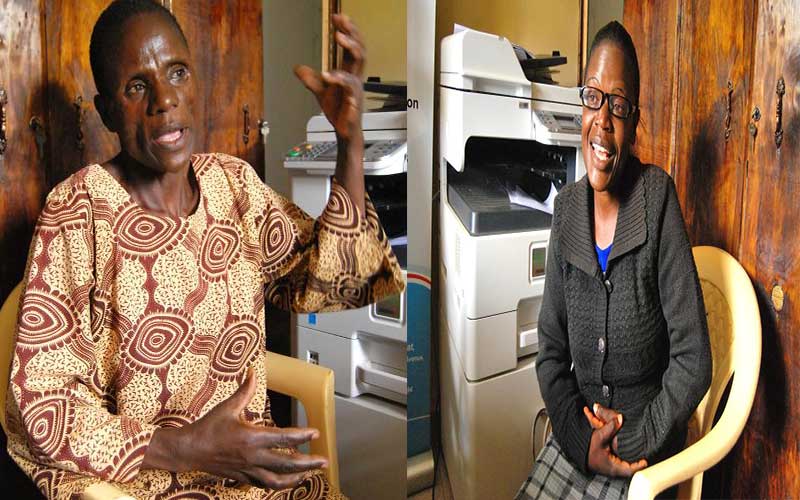×
The Standard e-Paper
Kenya’s Boldest Voice

Ms Harriet Muhindi is not afraid of talking about her HIV status. She says despite her broken marriage, stigma and alienation she got when she first disclosed her status, she has used her story to champion the rights of people living with HIV.
She learnt that she was HIV positive in 2008 when she had gone for a routine pre-natal clinic. She thought she had nothing to worry about, since she already had two children and had tested negative before.